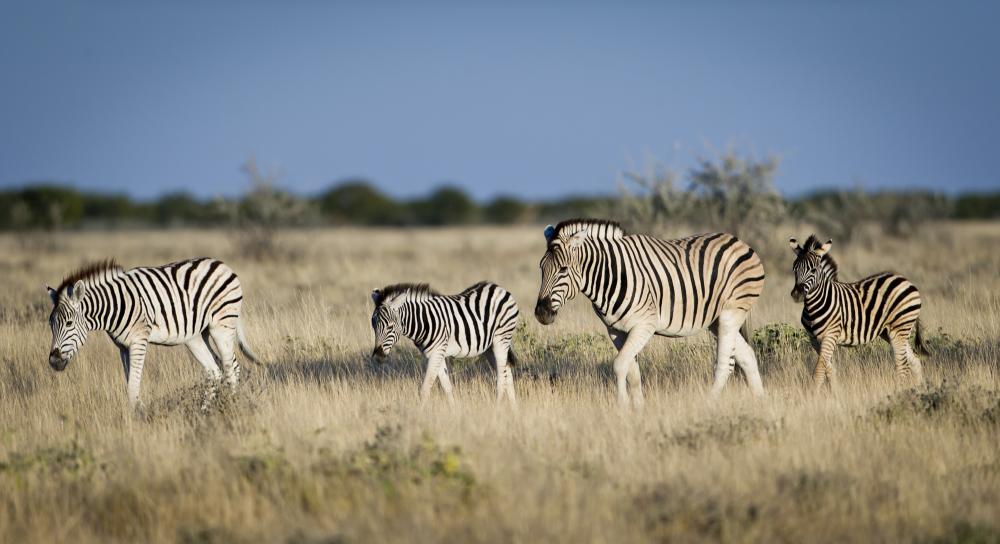“The future of all life now depends on us”: Sir David Attenborough joins world experts in calling for action for nature
On the 12th of April, Sir David Attenborough joins the head of the UN’s Convention on Biological Diversity and a panel from government, business and civil society to discuss how to mobilise global action to tackle what is said to be the greatest threat to humanity: the biodiversity crisis.

Photo: Cheryl-Samantha Owen
Dr Cristiana Paşca Palmer, Executive Secretary of the UN Convention on Biological Diversity, commented: “By 2020, the end of the current UN Decade on Biodiversity, the world’s biodiversity is set to have declined by two-thirds. This unprecedented rate of destruction jeopardises not only the amazing variety of life on Earth, but the prospects for human development and well-being. We need a paradigm shift in the way that humans interact with nature; we need transformative change and a systemic approach to address the root causes of biological destruction.”
In 2020, the world’s governments will meet in Beijing, China, to agree a new framework for global action to tackle the biodiversity crisis over the next decade. It is critical that a strong, evidence-based biodiversity conservation strategy be agreed, linked to the climate and development agendas, and that momentum is built within the public and private sectors to inspire a movement for action and galvanise political urgency to deliver ambitious commitments post-2020.
Millions of viewers around the world watched the BBC’s landmark series Blue Planet II in 2017, which took an unflinching look at the impact of human activity on marine life and saw Sir David delivering a powerful rallying call to do more to protect the environment. “The future of all life now depends on us,” the BBC naturalist said in his closing speech of the final episode.
Sir David will now return to the building that bears his name and which he proudly opened two years ago to address a booked-out audience. Leaning on his nearly 70 years’ experience of communicating the wonder of nature, he and the panel will consider how to galvanise governments, business, media and the general public to transform the complex messages surrounding biodiversity into understandable, effective and inspiring ones.
***
This panel discussion is one of three events being hosted by the Cambridge Conservation Initiative in Cambridge, UK, from 10-13 April, led by BirdLife International, IUCN, the RSPB, the UN Environment World Conservation Monitoring Centre and academics from the University of Cambridge:
- In addition to this public event, on 10-12 April there will be an invite-only meeting which will bring together scientists and policy-makers from all over the world to examine the evidence base needed to underpin the development of the new global biodiversity framework post2020.
- On 13 April, experts in media and communications will meet to take part in a dialogue to examine the messages that best communicate the urgency of the biodiversity crisis to the public and create impact across sectors. The aim of the meeting is to create a groundswell of support among key partners and to converge on a shared understanding of the need and methods to scale-up impactful biodiversity communication.
The panel discussion will be moderated by Richard Black, Director, Energy & Climate Intelligence Unit, with opening remarks by Mike Rands of the Cambridge Conservation Initiative and Professor Bill Sutherland of the University of Cambridge. Other panellists will include:
- Prudence Tangham Galega, Technical Adviser No. 1, Cabinet of the Minister, Ministry of Environment, Protection of Nature and Sustainable Development, Cameroon
- Patricia Zurita, CEO, BirdLife International
- Helen Crowley, Head of Sustainable Sourcing Innovation, Kering.
Currently, governments have committed to achieve the Strategic Plan for Biodiversity 2011-2020 and its 20 Aichi Biodiversity Targets, adopted in 2010. While some targets are on track, significant challenges remain in meeting others without continued and increased efforts; this is key to laying the foundation for the new post-2020 framework.
The event will be livestreamed from 1500-1700 on 12 April. Cristiana Paşca Palmer will be speaking at c. 15.10 and David Attenborough will be speaking at c. 16.50.
The event can be followed on Twitter at @CCI_Cambridge and #OurNatureOurFuture
